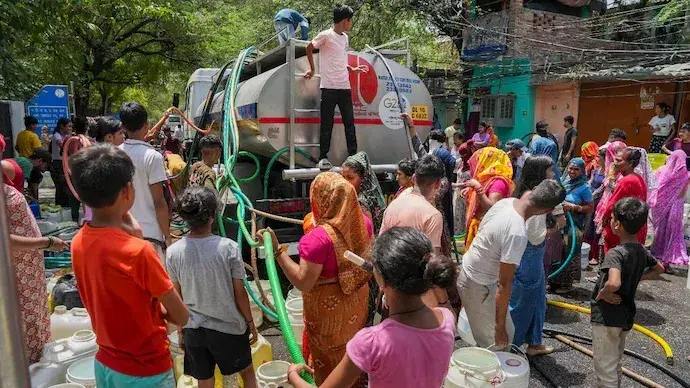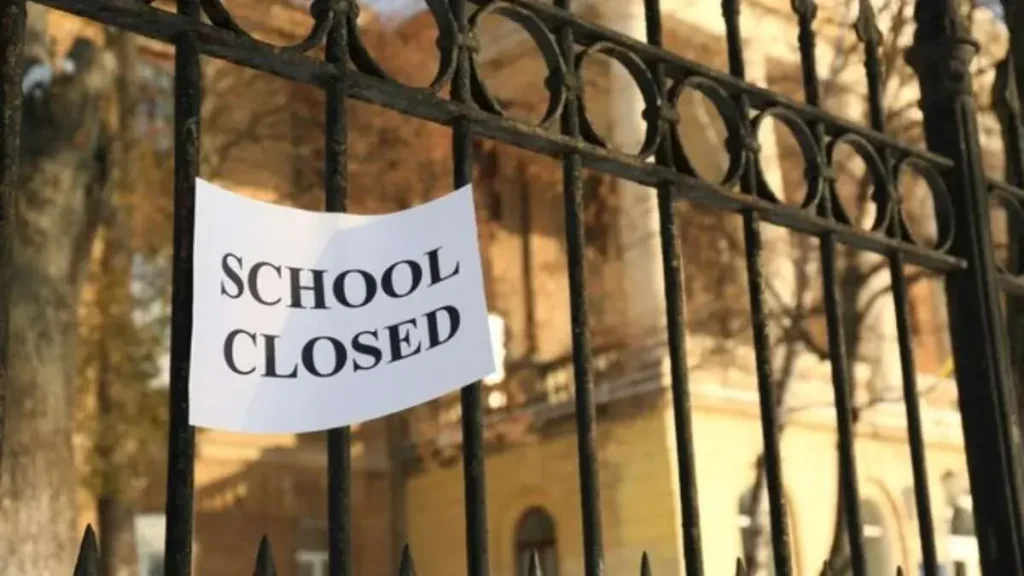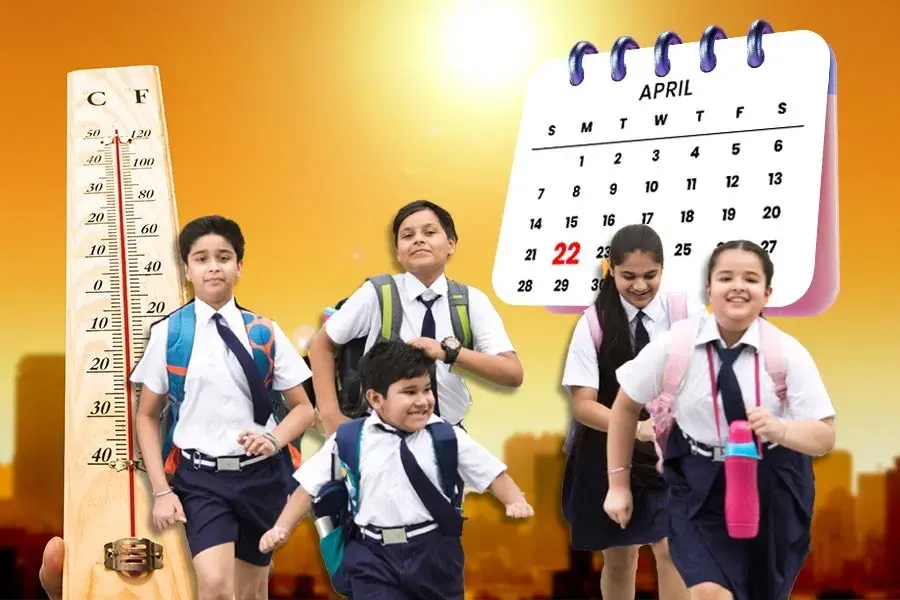Heatstroke Took 374 Lives, Over 67,000 Cases Till July 27: Health Ministry
India has reported 374 deaths and 67,637 cases of suspected heatstroke from March 1 to July 27 this year, according to Minister of State for Health Anupriya Patel. The alarming figures were disclosed in the Lok Sabha on Friday. The latest data reveals a significant increase from the earlier estimates provided by the Ministry of Health, which reported 110 deaths and 42,000 cases by June 18. The majority of these incidents occurred in rural areas, where strenuous outdoor work associated with agriculture and poor health infrastructure exacerbated the impact of the heatwave. Uttar Pradesh was the worst-hit state, recording 52 deaths. Bihar followed with 37 fatalities, while Odisha and Delhi reported 26 and 25 deaths respectively. These statistics were compiled under the National Heat-Related Illness and Death Surveillance by the National Centre for Disease Control (NCDC). Government Response and Measures The Integrated Health Information Portal has been receiving data on heatstroke cases and deaths from States and Union Territories since 2023, as noted by Minister Patel. State and UT health departments get yearly warnings from the Ministry of Health and Family Welfare (MoHFW) to put awareness, readiness, and response plans into place. The Union Health Ministry’s Secretary communicated with the chief secretaries of all states and UTs on February 29 in order to release this year’s advise. The warning included steps to improve community awareness of heat-related diseases and to bolster health sector readiness. Record-Breaking Temperatures and Weather Anomalies With a blistering 47 degrees Celsius, June 2024 witnessed the hottest temperature recorded in the month in a decade. The hottest temperatures ever recorded in June 2023 were 41.8 degrees Celsius, 44.2 degrees Celsius in 2022, and 43 degrees Celsius in 2021. This is a considerable rise above the prior records. Furthermore, July was the second warmest month overall in India since 1901 and the highest nighttime temperature ever recorded in the country. Significant flooding resulted from the abnormally high rains that followed the record temperatures in various states, including Gujarat, Kerala, and Uttar Pradesh. It was the hottest July on record for both mean and lowest temperatures in the east and northeast of India. The terrible heatwave has made it clear how urgently better infrastructure and readiness are needed to deal with extreme weather, especially in rural regions. The growing frequency and intensity of these occurrences highlight the significance of long-term policies to address climate change and its implications on public health, even if the government’s preemptive actions and advisories play a key role in lessening the impact of such heatwaves. Reference taken from the Hindu




